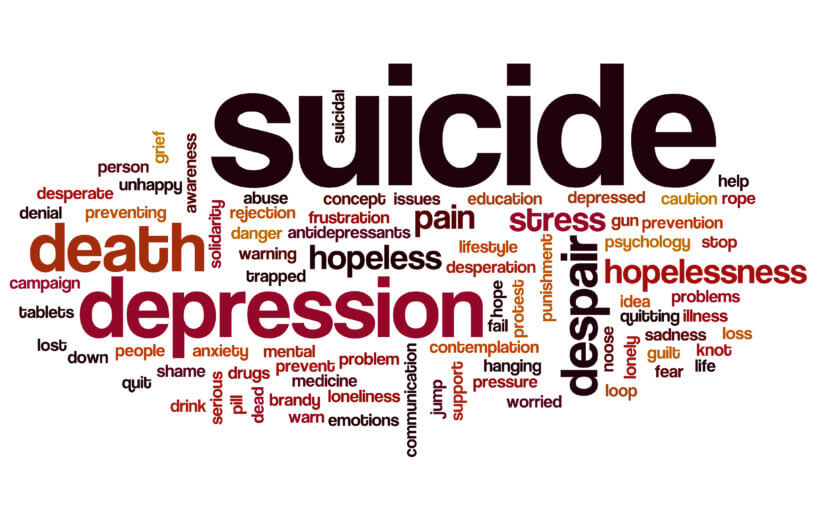SOLNA, Sweden — Nearly 800,000 people die due to suicide annually, which works out to roughly one death every 40 seconds. Now, a new study shows links one’s intelligence to the chances of taking their own life. Researchers from the Karolinska Institutet in Sweden have found a connection between low IQ scores in adolescence and a greater risk of suicide or attempted suicide during adulthood.
The study certainly wasn’t thrown together in haste either; researchers tracked close to 50,000 Swedish men for decades, from the 1970s up until recently.
Previous studies had already linked low intelligence and poor emotional control with greater suicide risk, and this study has added to that research base by examining and tracking how suicidal behavior in low-IQ and emotionally immature individuals develops over an extended period of time.
Researchers found that the risk of suicide later in life remained high among individuals who displayed below average intelligence during their adolescence. Interestingly, the same phenomenon was not observed among adults who displayed poor control of their emotions during their youth, these individuals’ risk of suicide actually decreased.
“The most interesting aspect of this study is that the negative effect of low emotional stability is strongest in adolescence,” says study author Alma Sörberg Wallin, psychologist and project coordinator at the Department of Public Health Sciences at Karolinska Institutet, in a release. “Among people in their 50s, the association between low emotional stability and suicide is much weaker. That adds a certain level of hope and supports the description of suicide as a permanent solution to a temporary problem.”
In order to compare the relationship between suicidal behavior, IQ, and emotional control, the research team divided the study participants using a five-level scale based on IQ score brackets, ranging from less than 82 to more than 126. Emotional control rankings were also considered, ranging from one (lowest) to five (highest). Suicides and attempted suicides were tracked using death and hospital discharge registers between 1973-2008.
Analyzed participants who displayed the lowest IQ scores were up to six times more likely to attempt, or die from, a suicide compared to individuals with the highest IQ scores. Additionally, men with the lowest scores regarding emotional control were found to have a nearly seven-fold higher risk of suicide than men with the highest emotional scores. However, the low-IQ individuals risk of suicide remained high as they matured and entered adulthood, while the emotionally unstable individuals became less vulnerable to suicide as they aged.
As far as explaining these findings, the research team say they don’t have a definitive explanation at this time, but theorize that low-IQ individuals usually deal with greater socio-economic hardship throughout their lives.
“For example, intelligence is strongly linked to educational success, and without a high educational degree you are more likely to end up in a low socioeconomic position or become unemployed,” comments Nora Hansson Bittár, the study’s main author. “This highlights the need for support and preventive measures. No one should end up in such a vulnerable situation that suicide appears to be the only way out.”
The study is published in the scientific journal Psychological Medicine.
